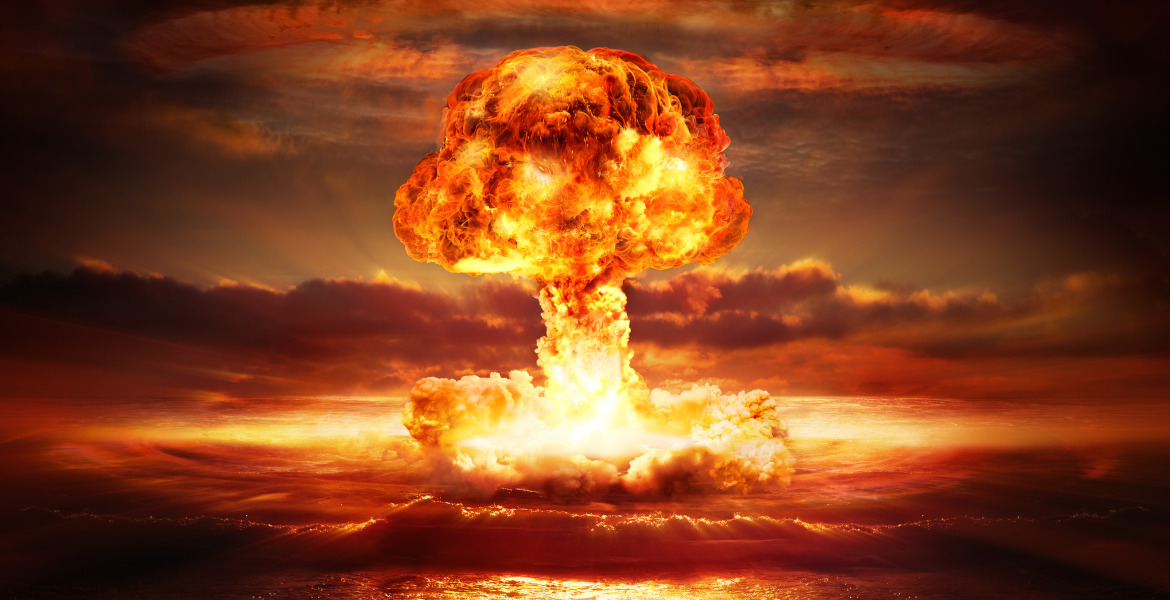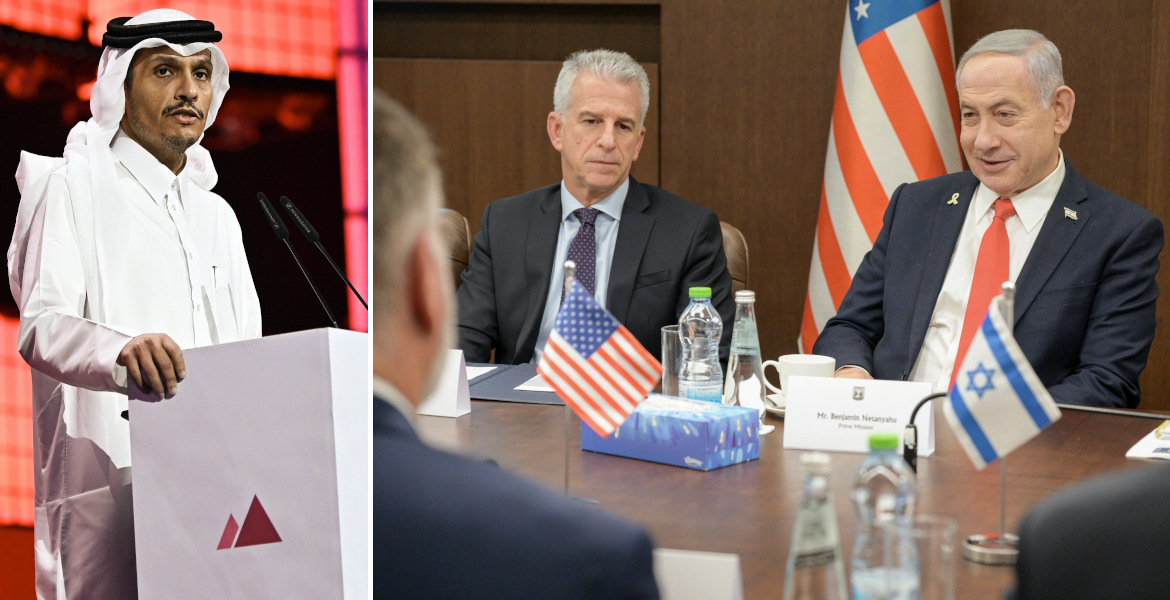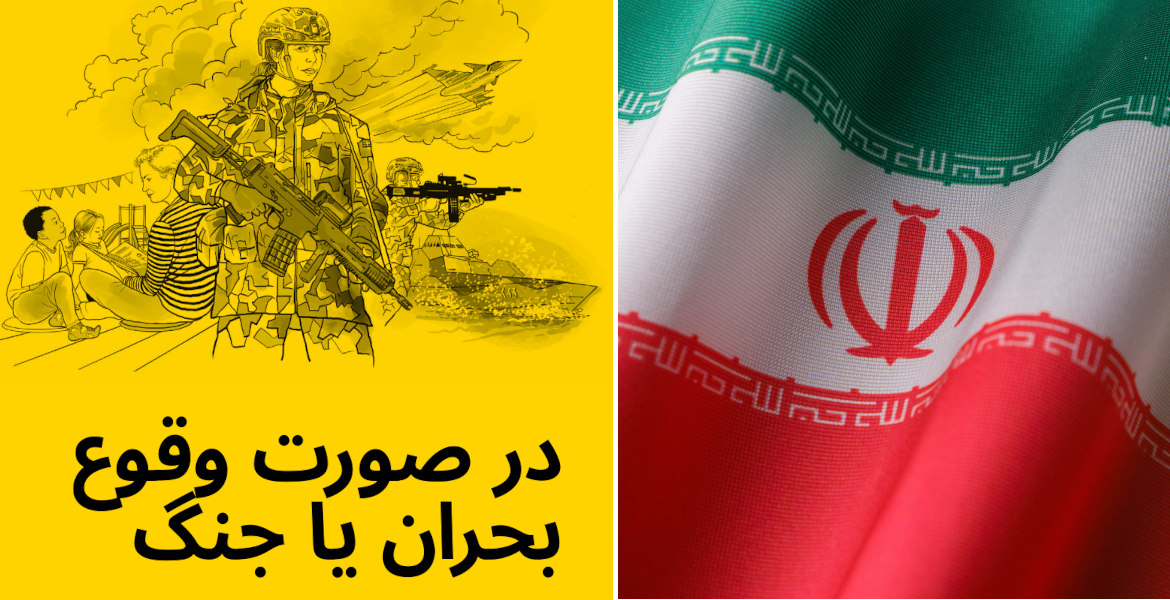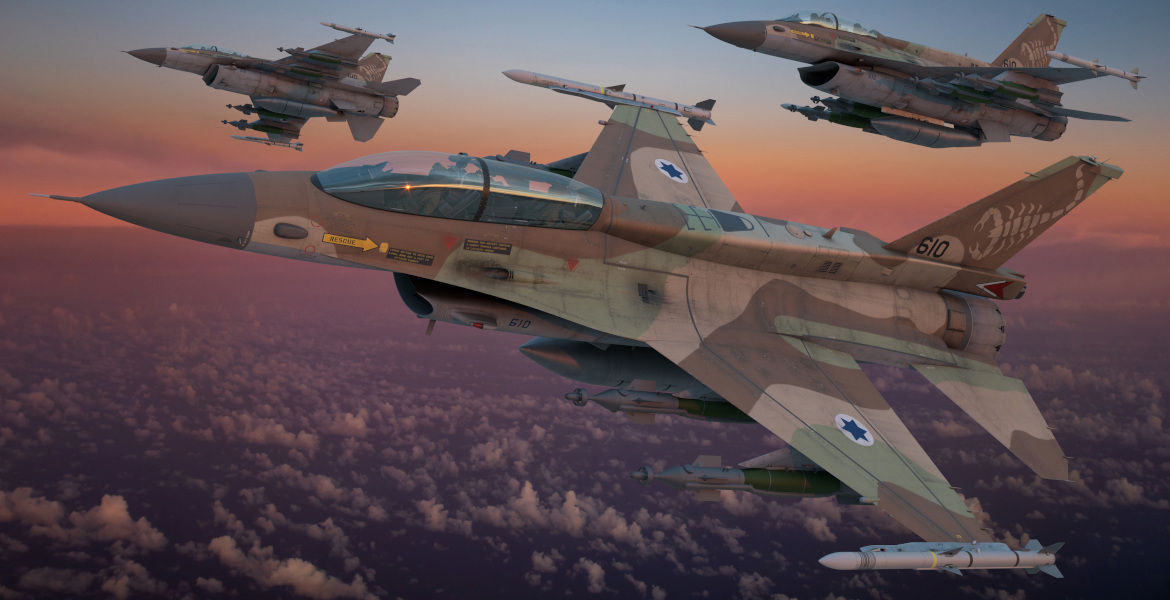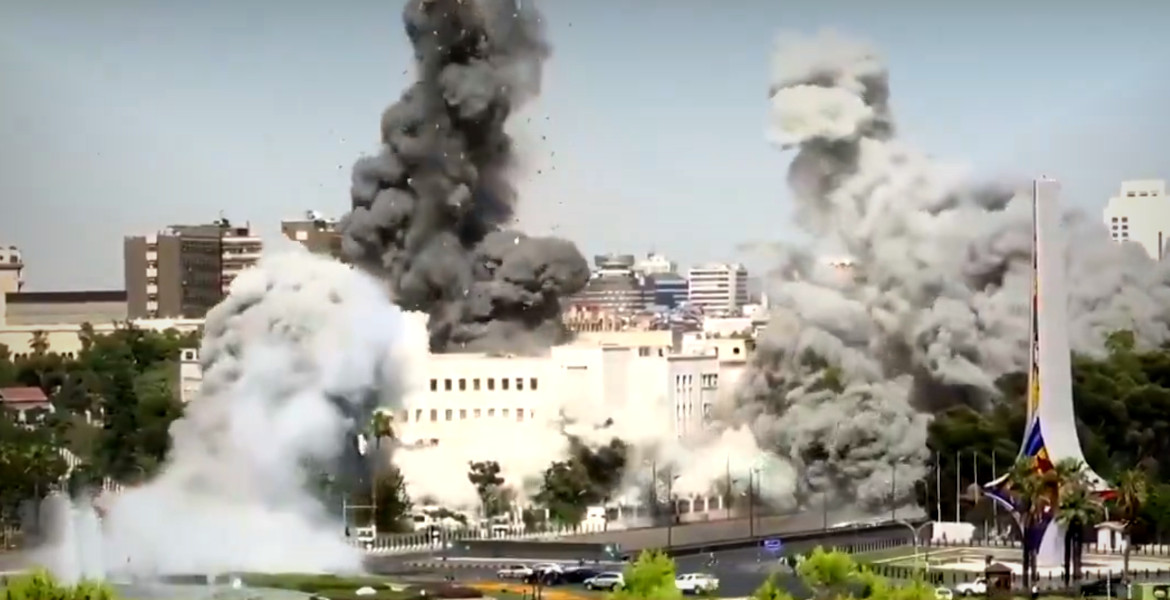In 1986, Israel's nuclear weapons program was revealed – although to this day the country's authorities have refused to acknowledge that it possesses any weapons of mass destruction. Israel's nuclear arsenal has even been called "the world's worst-kept secret" and, with French help, began to be developed in great secrecy as early as the 1950s.
Israeli nuclear engineer Mordechai Vanunu was the one who exposed the program in the British press, before he was kidnapped by the Mossad intelligence service, brought back to Israel and spent the next 18 years in an Israeli prison. To this day, Vanunu is banned from leaving the country and has also been sentenced to several short prison terms for "forbidden speech" related to the nuclear weapons program.
This article was originally published on March 18, 2025.
It is difficult to say with certainty how many nuclear weapons Israel actually has. In 2008, former US President Jimmy Carter speculated that at the time there were at least 150 warheads "or more".
Samson and the Philistines
Closely related to the Israeli nuclear doctrine is the so-called "Samson option" – which refers to Israel's strategy of retaliation in the event of a major attack on its own country, or in a situation where the very existence of the nation is deemed to be under threat.
The name is taken from the biblical character Samson, who, blinded and captured by the Philistines, finally managed to tear apart the pillars of the temple in which he was held captive – whereupon the roof collapsed, killing not only him, but also thousands of the Philistines who had tormented him.

The Samson option, according to many analysts, is something like this – that Israel would respond with large-scale nuclear attacks if its existence were threatened or if, for example, Jerusalem were bombed to pieces.
Threatening Nixon with nuclear weapons
As early as 1967, during the Six-Day War, Israel planned to detonate a nuclear device on a mountain in the Sinai Desert to warn the surrounding Arab states in the area. However, this never materialized, as Israel was able to defeat its opponents through conventional warfare.
During the Yom Kippur War in 1973, it was time again when the then Prime Minister Golda Meir chose to blackmail the US and President Nixon by preparing and threatening to use nuclear weapons against his enemies – unless the US immediately delivered war material and assistance of various kinds. Again, no nuclear bombs were detonated – according to analysts, simply because Nixon agreed to the demands.

According to award-winning investigative journalist Seymour Hersh, during the 1970s, Israel considered the Soviet Union as the main threat, and a number of nuclear warheads were also aimed at Soviet cities – while the Soviets had several Israeli cities on their list of potential nuclear targets.
Hersh argues that the nuclear doctrine changed when right-wing leader Menachem Begin took power in 1977, and that an ambition emerged not only to acquire a large number of nuclear weapons to respond to a possible attack, but also with the aim to "use Israeli might to redraw the political map of the Middle East".
"The power to destroy the world"
After all, the most commonly held view is that the purpose of the so-called Samson option is to destroy or annihilate states that attack Israel. However, others go further and argue that it is instead about "taking revenge on the world" and that Israel, if it perceives an existential threat, wants to cause as much damage and devastation as possible even to countries not directly involved in the attack against them. For example, Jewish professor David Perlmutter of Louisiana State University expressed such a view in the LA Times in 2002.
"Israel has been building nuclear weapons for 30 years. The Jews understand what passive and powerless acceptance of doom has meant for them in the past, and they have ensured against it. Masada was not an example to follow - it hurt the Romans not a whit, but Samson in Gaza? What would serve the Jew-hating world better in repayment for thousands of years of massacres but a Nuclear Winter. Or invite all those tut-tutting European statesmen and peace activists to join us in the ovens?" wrote Perlmutter.
"For the first time in history, a people facing extermination while the world either cackles or looks away - unlike the Armenians, Tibetans, World War II European Jews or Rwandans - have the power to destroy the world. The ultimate justice?" Perlmutter asked himself further.
"Destroying the pillars of the world"
Jewish writer and journalist Ron Rosenbaum also argues that Israel, in the "aftermath of a second Holocaust", could not only attack its aggressors but also "bring down the pillars of the world (attack Moscow and European capitals for instance)" on the grounds that anti-Semitism associated with past persecutions in history must be avenged. Even "the holy places of Islam" could be attacked with nuclear weapons in such a situation, according to Rosenbaum, who emphasizes that "abandonment of proportionality is the essence" of the Samson option.
Israeli military historian Martin van Creveld takes a similar line. In the context of the second intifada, he said that Israel had "hundreds of nuclear weapons" – and that these could also be aimed at European capitals, which he said were in the line of fire of the Israeli military.
"We possess several hundred atomic warheads and rockets and can launch them at targets in all directions, perhaps even at Rome. Most European capitals are targets for our air force. Let me quote General Moshe Dayan: 'Israel must be like a mad dog, too dangerous to bother'".
"I consider it all hopeless at this point. We shall have to try to prevent things from coming to that, if at all possible. Our armed forces, however, are not the thirtieth strongest in the world, but rather the second or third. We have the capability to take the world down with us. And I can assure you that that will happen before Israel goes under", Mr. van Creveld further declared.

Jerusalem Post journalist Gil Ronen has also described the Samson option as a way for Israel to annihilate its enemies and "possibly causing irreparable damage to the entire world" in a situation where "Israel faces annihilation".
Unwavering support from the West?
Since Israeli officials will not even acknowledge that they have nuclear weapons - or how many, it is of course impossible at this stage for the country's leaders to be clear about their strategy with regard to them. Furthermore, it is of course unlikely that Israel – or any other country for that matter – would admit that it intends to "take the world with it if it falls" – even if that were the case. This is rarely the case, although Russian President Vladimir Putin, for example, admitted during Oliver Stone's visit to Moscow that he believes a nuclear war between Russia and the United States "would probably have no winners".
What the Samson option actually means in a "worst case scenario" will be the subject of further discussion – not least as the situation across the Middle East continues to become increasingly risky and escalatory, with Israel now attacking Iranian targets (and vice versa).
Western support for Israel seems unwavering – despite the tens of thousands of civilian deaths in Gaza and alerts from human rights organizations about violations of international law. Can this be explained by historical loyalty to Israel alone? Or is there possibly also a fear somewhere in the picture, a fear that, to quote Moshe Dayan, the country's political leadership would actually act "like a mad dog" if left to its own devices?
